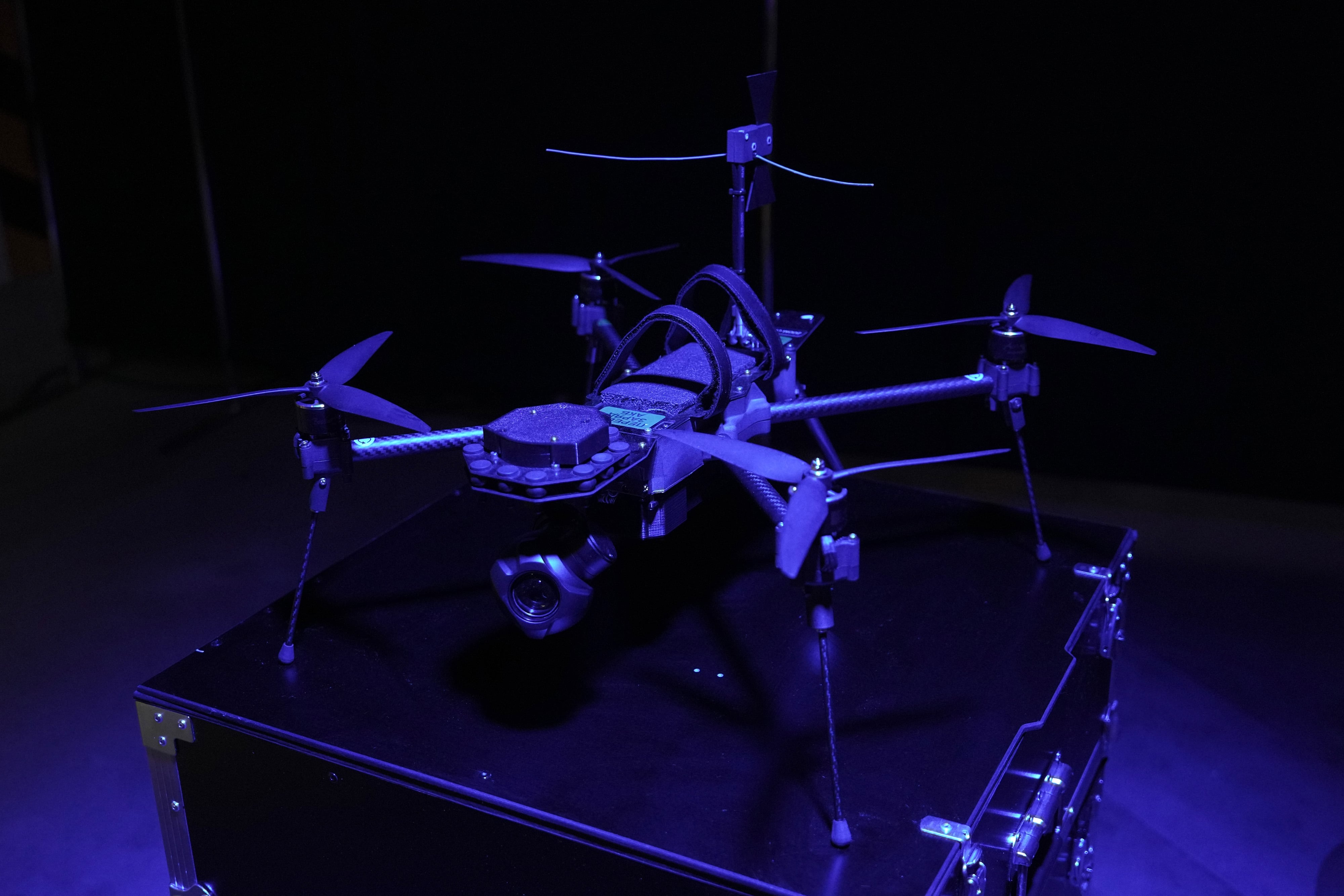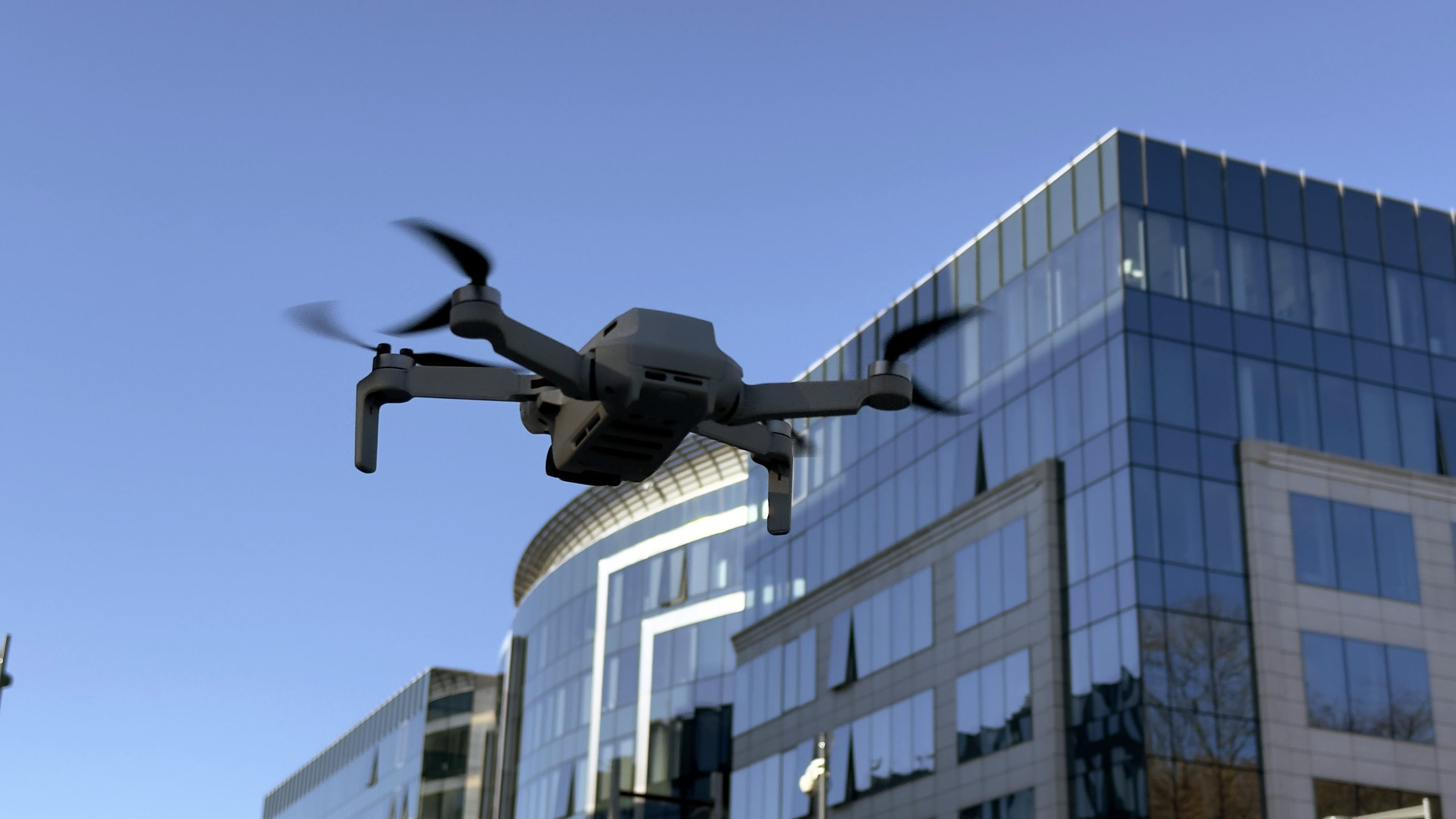While the Air Force's remotely piloted aircraft have been a boon for operations with persistent intelligence, surveillance and reconnaissance combined with strike capability, their reliance on remote communications links lend inherent vulnerabilities. From their operational inception, platforms both large and small have been hacked, allowing adversaries to view full motion video feeds and in extreme cases, commandeering control of the aircraft.
The Air Force has now created a new course designed to address connectivity concerns. The MQ-1 Predator and MQ-9 Reaper Electronic Combat Officers course will train personnel that integrate with affected MQ-1/9 aircrews to mitigate signal disruptions, according to an Air Force release.
"We've been working for the last year and half or so to build the ECO course for the RPA community," said Capt. Craig, a 26th Weapons Squadron MQ-9 pilot and ECO course creator. "It's very fulfilling to see it's finally coming into fruition." Craig said he never envisioned this idea developing into a full Air Combat Command course.
Craig, who previously served as a training instructor at Holloman Air Force Base, New Mexico, used his skills and deep knowledge base in satellite communications threats to develop the course over three years. However, given manning shortages and a force that is smaller than ever, Craig had to adapt the course to current manning levels, the Air Force said.
Airmen will return to their units following course completion with knowledge and training in RPA use of the electromagnetic spectrum that includes area of operation non-kinetic threats, radio communications, GPS, remote-split operations, satcom and Link 16, the Air Force said.
"It came to a point where I felt that we will no longer be fighting in a permissive war and it couldn't just be me that knows how to fight against it, so I drafted up a syllabus on how I would train an ECO to fight a threat," Craig said. "At the same time the 556th Test and Evaluation Squadron was testing how to fight against satcom-contested threats. I was just at the right place at the right time."
As the Air Force notes, RPAs require reliable satellite signals to operate. While they can be disrupted by natural events, the Air Force faces monopoly erosion in the air domain, and the service is coming to grips with protecting assets that rely on vulnerable space and cyber systems.
"A period of monopoly has seduced the United States into thinking about conflict in the air, land, and maritime domains without recognizing the fundamental strength it has been leveraging: information advantage delivered through space and cyber operations," a report from the Mitchell Institute published in April asserted. "To operate at a disadvantage in these domains is not to retrograde to industrial age warfare…but far worse. ... Absent advantage in space and cyberspace, the United States does not retrograde to industrial-age war, but rather is completely denied operations in its chosen way of war: at the point where domains overlie."
As military officials have declared space and its assets -- communications and navigation satellites -- exists in a contested environment, "it is therefore critical to recognize the primacy of information, and cyberspace and space as its conduits, in the U.S. way of war. Air, land and maritime operations are largely dependent upon the passage of information," the Mitchell report said. "To succeed in future operations against a peer means that the Air Force must establish the requisite advantage in cyber and space, geographically and temporally, in order to attain advantage in the air. Subsequently, the service can exploit advantage in air and space, and through cyberspace, to meet the demands of the joint force."
To achieve this, officials have called for developing a tailored force more knowledgeable of these issues. "We're now realizing that the air domain is going to have to have airmen, or somebody, focused on air and cyber together," said Maj. Gen. Jeffery Newell, the Air Force's director of strategy, concepts and assessments and deputy chief of staff for strategic plans and requirements at an event unveiling the Mitchell Institute's paper.
Newell also indicated that the Air Force has to foster cyber airmen that aren't just doing national cyber but air cyber, a notion shared across the force.
"There's a clear recognition that our service needs an organic cyber capability to get after much of what Cyber Command…just doesn't have the bandwidth to do or simply is not in their charter, and it's critical [to the] Air Force," Air Force CIO Lt. Gen. William Bender said at a July Defense Writer's Group breakfast. Organic capabilities specific to the Air Force involve assurance of aerial refueling, assigning crews to planes, ensuring planes take off on time and they deliver their payload or complete their mission. All these tasks, Bender said, are dependent on cyber-vulnerable systems.
The Air Force's new ECO course will be three-phased; academics teaching students to plan and prepare against jamming threats, integrating RPA with satcom during simulated flights, and culminating with a hands-on portion where students execute tactics, techniques and procedures to support RPA flights.
"Getting to interact with the aggressors was incredible," Maj. Joseph, an ECO student said. "We learned about friendly and adversary capabilities and mindsets, challenges and weaknesses. This program is about preparing for a more advanced adversary, so it's important to train against the best."
Mark Pomerleau is a reporter for C4ISRNET, covering information warfare and cyberspace.








